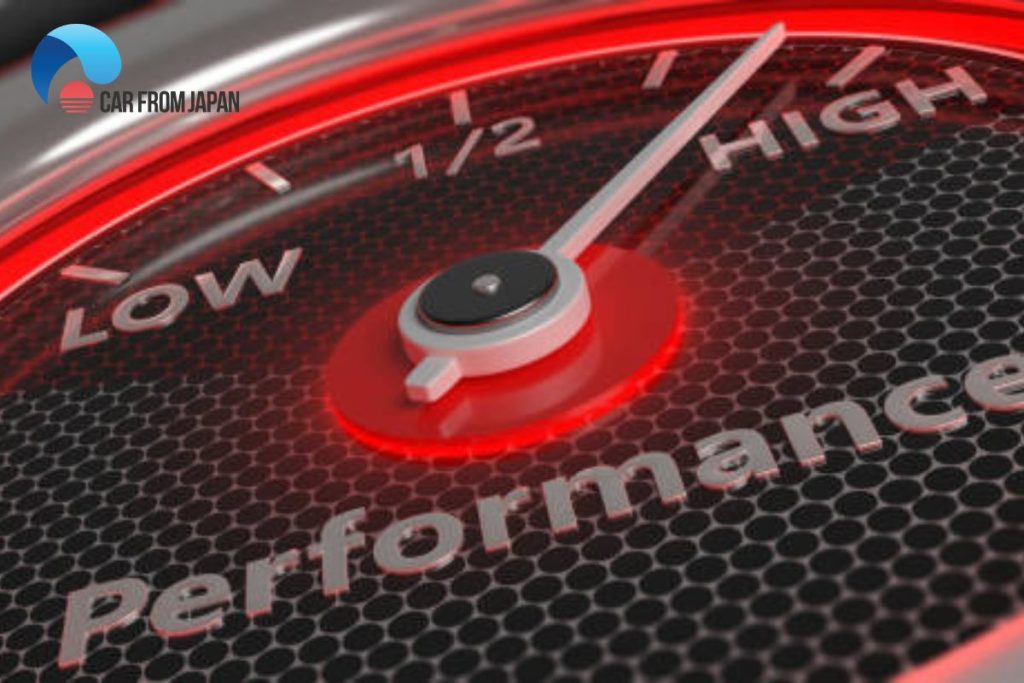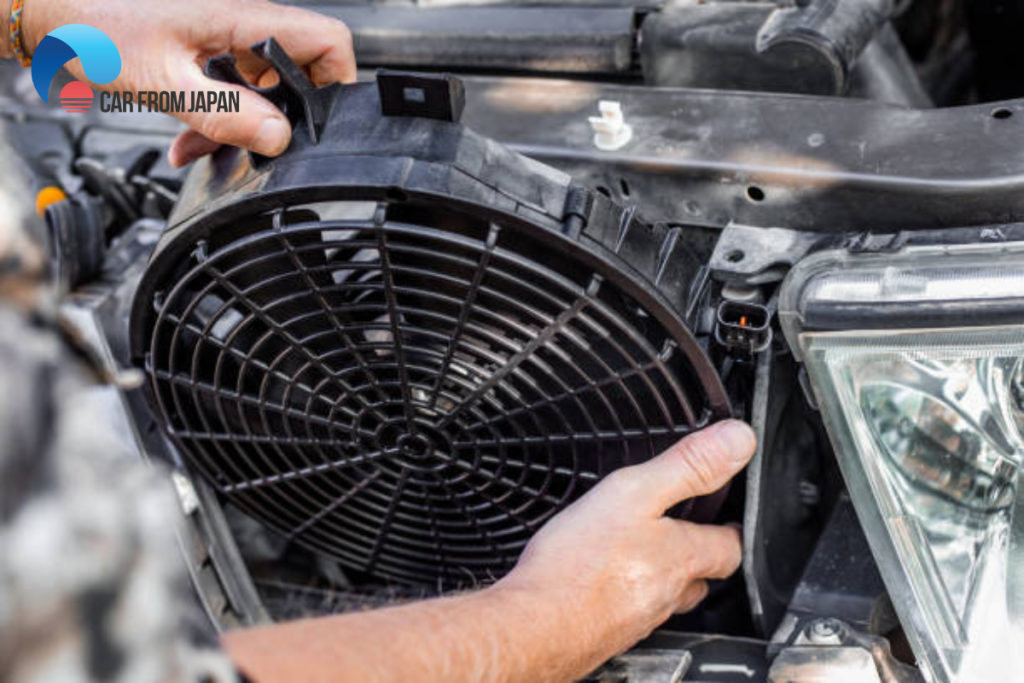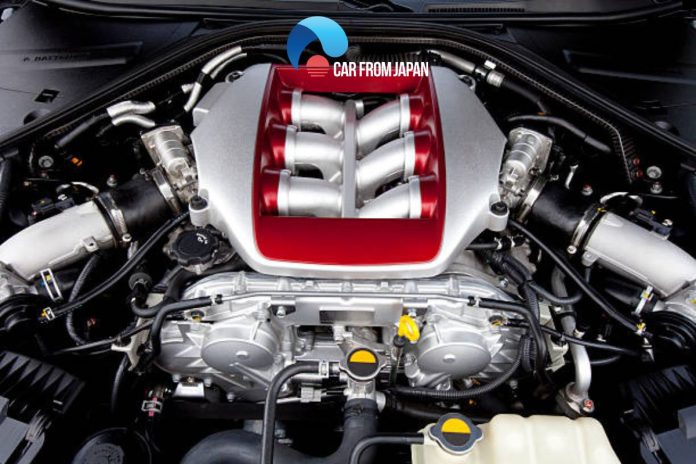When it comes to vehicles, efficiency is crucial. Whether participating in a race with a sports car or using a truck to move across town, engine efficiency will determine how smooth your journey is. This is especially true for high-performance vehicles.
Experts forecast this market to increase by $271.59 billion in the coming years, so you must know your automotives well before choosing. You must familiarize yourself with the cutting-edge technology and specialized components used in these. Let’s look at four key elements that ensure peak performance in engines.
Contents
How To Maximize Engine Efficiency?
Heat resistance
High-performance engines operate under extreme conditions. This generates heat, with the temperature rising and inevitably causing damage to the parts. You might have to deal with accelerated wear and failing components as a result.
The pistons, for instance, will have to endure heat, causing thermal expansion, leading to warping and cracking. Similarly, the cylinders will wear. This interferes with their ability to ensure efficient compression within the piston rings.
To prevent these issues, your engines must have heat-resistant materials. These maintain strength and stability at high temperatures to ensure durability. Make sure that your engine components are forged from alloys and specially treated composites.
These include forged steel, aluminum, and ceramics. Engines with temperature-resistant bearings also have a longer lifespan. High temperature bearings reduce friction, making performance smoother. Additionally, less friction means that the engine parts will not heat up, improving the engine’s operation.

Efficient fuel delivery systems
The fuel delivery system ensures your engine receives the right amount of fuel at the right time for optimal combustion. This system includes critical components like the fuel injectors, pumps, and fuel lines, which must work together seamlessly.
With these three working correctly, the system will deliver fuel in a way that maximizes power output. Let’s look at their functions in detail:
- Fuel injectors spray fuel into the combustion chamber, mixing it with air. They must function with extreme precision in high-performance engines. Their design uses advanced technology, including high-pressure fuel systems, to deliver a fine mist of fuel for burning.
- Fuel pumps ensure that your engine gets its fuel at the correct pressure. This way, the pressure will be consistent even when the engine runs at high RPMs or under heavy load.
- Fuel lines carry fuel from the tank to the engine. As such, they must be durable and resistant to high pressures and temperatures to prevent leaks or blockages.
The precision of these fuel delivery systems has a detrimental impact on your engine’s performance. Any issues with precision over here can lead to performance issues such as misfires, engine knocking, or inefficient combustion. As your engine operates under extreme conditions, the systems must be able to handle this stress, providing power and fuel economy.
Adequate cooling systems
Cooling systems help regulate engine temperatures to prevent overheating. They absorb and dissipate the engine’s heat with a coolant. Most high-performance vehicles use liquid cooling systems, with the coolant circulating through the engine to absorb heat.
It then passes through a radiator that transfers the heat into the air. This brings your engine temperature back to safe levels.
Some vehicles also use specialized oil coolers and intercoolers in specific components. Oil coolers regulate the engine oil’s temperature. This is crucial because hot oil loses its effectiveness, damaging your engine.

Similarly, turbocharged and supercharged engines use intercoolers. These cool the air entering your engine, making it denser to improve combustion efficiency.
An adequate cooling system allows your engine, oil, and air intake to be at optimal temperatures for performance and longevity. They also help maintain the integrity of advanced materials and components, such as bearings. A well-engineered cooling system is vital to the smooth, reliable operation of your vehicle’s engine, even in demanding conditions.
Proper lubrication
An engine’s components are constantly in motion, rubbing against each other. The resulting heat can lead to catastrophic outcomes, as mentioned above. Lubrication will help you reduce the chances of this, minimizing friction and wear.
Lubricants create a thin barrier between moving parts so that they are never directly in contact with each other. In doing so, they also reduce heat and improve temperature.
The lubricating oil must be high-quality and have advanced additives to enhance stability and performance. Additionally, it must retain its viscosity in extreme conditions. That is, the film must not thin as the engine operates.
These specialized oils may contain antioxidants and corrosion inhibitors to protect against corrosion and oxidation, which can degrade engine components.
Similarly, they have detergents and dispersants to break down harmful sludge and carbon deposits. Overall, lubrication ensures your engine does not wear out. Proper oil levels are essential for the effective operation of your engine.
Endnote
High-performance engines must work like a well-oiled machine. All the components must contribute towards temperature regulation, durability, and smoothness. This will allow your automotive engines to deliver power, speed, and efficiency in any condition, enhancing your vehicle’s performance.



